**Note: This page is for educational inspiration and is not officially affiliated with Shakespeare Week. For official information, themes, and resources, please visit the Shakespeare Birthplace Trust's Shakespeare Week website: www.shakespeareweek.org.uk.
Monday 23rd - Sunday 29th March 2026 (TBC)
Understanding Shakespeare Week in EYFS & KS1
Let's meet William Shakespeare and explore his amazing stories and words! 🎭👑 Shakespeare Week is a special yearly celebration organised by the Shakespeare Birthplace Trust. It's made to help primary school children learn about William Shakespeare and his plays for the very first time. The goal is to give every child a fantastic first experience with Shakespeare, using fun and easy ways to explore his exciting stories, special language, and the world he lived in long ago. This week encourages children to use their imagination, tell stories, and begin to enjoy the wonderful history and culture that Shakespeare brings.
For early years settings, nurseries, preschools, childminders, and Year 1 and Year 2 classrooms, this day provides a wonderfully imaginative theme for exploring literacy, language and communication, history (learning about the past), creative arts and drama, and personal, social & emotional development (PSED) through storytelling and role-play. It's about introducing children to classic narratives and the idea of a famous author, even if simplified, fostering a love for stories, words, and imaginative play. This week offers fantastic planning ideas and inspiration for engaging activities that truly resonate with young minds, making learning about Shakespeare and storytelling both enriching and exciting!
Why Is Learning About Shakespeare Important for Young Children?
Integrating Shakespeare Week and introductory lessons about William Shakespeare into your practice with young children (aged 0-7) can be a fun way of laying an early foundation in literacy, cultural understanding, and creative expression.
Fosters Love for Stories: Introduces children to captivating narratives, characters, and themes, which are universal and timeless.
Enriches Vocabulary: Exposes children to rich language, even if simplified, expanding their vocabulary and understanding of words.
Encourages Imaginative Play: Inspires dramatic play and role-acting, crucial for social and emotional development.
Introduces Cultural Heritage: Provides an early, accessible introduction to a significant figure in English literature and history.
Develops Communication Skills: Promotes speaking, listening, and expressing ideas through storytelling and creative activities.
Builds Curiosity: Sparks an early interest in books, authors, and historical contexts.
Engaging Shakespeare & Story Activities for Shakespeare Week (0-7 Year Olds)
Let's step into Shakespeare's world of stories and words for Shakespeare Week with these planning ideas and activities perfect for EYFS and KS1 children. The focus is on imaginative play, engaging with narratives, and exploring creative language! Many of these early years and year 1 activities can be supported by our dedicated 'Shakespeare', 'Books and Storytelling', 'Traditional/Fairy Tales', and 'Literacy' resources.
Here's some inspiration for celebrating Shakespeare Week in your setting: (Please use your own discretion and knowledge of your children to ensure appropriateness of each activity and safety concerning any materials given and activity undertaken.)
Meet William Shakespeare: Introduce William Shakespeare as a famous storyteller. Use History - Shakespeare - William Shakespeare Masks' for children to wear and role-play being him.
Explore Shakespeare's World (Playful History):
Display 'History - Shakespeare - Banner And Quotes' to introduce his name and a simple, famous phrase (e.g., "All the world's a stage").
Encourage drawing activities with 'History - Shakespeare - Draw And Write Sheets'.
Make beautiful 'History - Shakespeare - Masquerade Masks' like people might have worn in Shakespeare's time.
Practise counting with 'History - Shakespeare - Quill Counting Puzzle'.
Storytelling and Traditional Tales (Shakespeare's Inspiration): Shakespeare's plays often drew from traditional tales and universal themes. Use our Traditional/Fairy Tales resources to explore storytelling:
Introduce 'Traditional Tales - 'What Is A Traditional Tale?' Display Pack' and 'Traditional Tales - 'What Is A Traditional Tale?' Poster'.
Set up role-play areas with 'Traditional Tales - Role-Play/Display Sign Posts', 'Traditional Tales - Speech Bubbles', and the new 'Fairy Tale Theatre' Dramatic Role Play Pack'.
Engage with specific tales:
Use 'Traditional Tales - 2-Piece Puzzles', 'Traditional Tales - Match Story Element Puzzles', and 'Traditional Tales - Drawing/Writing/Mark Making Sheets' for hands-on engagement.
Book Making & Reviewing: Encourage children to create their own stories and books.
Use 'Create Your Own Book Template’.
Have them review their favourite books or stories using 'Book Review - Draw/Write Sheets'.
Encourage writing or drawing about characters with 'Book Character Sheets' and 'Character Talk Sheets'.
Create a display with 'Banner - 'Our Favourite Books'
Encourage children to share 'A Book I Love - Draw/Write Sheets'.
Try the 'World Book Day Story Building Pack - Cut, Stick & Create/Write/Tell Stories'.
Develop characters with 'Character Building Description Sheets'.
Literacy and Communication:
Use 'Story Maps' and 'Story Maps - Beginning/Middle/End' to help children sequence narratives.
Refer to EYFS Framework resources for communication and literacy support: 'EYFS Framework - Support Examples - Reception - Communication And Language', 'EYFS Framework - Support Examples - Birth To 3 - Literacy', 'EYFS Framework - Support Examples - 3 And 4 Year Olds - Literacy', and 'EYFS Framework - Support Examples - Reception - Literacy'.
Practice comprehension skills with holiday-themed examples: 'Holiday - Yr1 Comprehension: Narrative - Aryan's Day At The Beach', 'Holiday - Yr1 Comprehension: Non-Fiction - Seagulls At The Seaside', and 'Holiday - Yr1 Comprehension: Poetry - Going On Holiday'.
Explore More: To explore our full catalogue of Poetry resources, please visit our ‘EYFS & KS1 Poetry & Rhyme’ page. For even more book related resources, please visit our ‘Books and Storytelling’ page! For additional ‘Literacy’ resources, visit the following ‘Area of Learning’ pages: ‘Communication & Language’ and ‘Literacy’. Dedicated KS1 ‘English’ Curriculum pages are coming very soon! You may also like to explore additional pages covering relevant and/or connected themes such as ‘Fairies’, ‘Mermaids and Mermen’, ‘Nursery Rhymes’, and ‘Pirates’.
These activities offer great inspiration for making Shakespeare Week a memorable and impactful experience in your early years and Key Stage One setting, fostering literacy skills, creativity, love for stories and drama, and an early appreciation for cultural heritage.
To explore ideas surrounding additional early years events, please visit our 'Special Dates Calendar' page.
Printable resources to support teaching & learning surrounding: ‘Shakespeare Week’
Free ‘Shakespeare’ and ‘Book’ related resources:
‘Shakespeare’, ‘Books’ & ‘Literacy’ related resources:
For even more book related resources, please visit our ‘Books and Storytelling’ page!
For additional ‘Literacy’ resources, visit the following ‘Area of Learning’ pages:
(Dedicated KS1 ‘English’ Curriculum pages coming very soon!)
Additional Pages you may like to explore which cover relevant &/or Connected themes
More Early Years Event Pages for March
Let's meet William Shakespeare and explore his amazing stories and words! 🎭👑 Shakespeare Week is a special yearly celebration organised by the Shakespeare Birthplace Trust. It's made to…
Let's learn all about our amazing water and why it's so important! 💧🌍 World Water Day is a special day celebrated every year on March 22nd. It was chosen by the United Nations (UN) way…
Let's play with words and make beautiful poems! 📝✨ World Poetry Day is celebrated every year on March 21st. It was chosen by UNESCO (a part of the United Nations) in 1999. The main…
Let's look around and celebrate all the wonderful colours in our world! 🌈🎨 International Colour Day is celebrated every year on March 21st. This special date was chosen by a group…
Let's look closely at the little birds around us and learn how we can help them! 🐦🏡 World Sparrow Day (WSD) is a special international day celebrated every year on March 20th. It's all…
Let's make sure our smiles are super strong and healthy! 😁🦷 World Oral Health Day (WOHD) is celebrated all over the world every year on March 20th. It's a special international day that…
Let's celebrate all the amazing and unique ways our brains work! 🧠✨ Neurodiversity Celebration Week is a worldwide initiative that challenges old ideas and misunderstandings about…
Let's learn all about super food and wonderful water to help our bodies grow big and strong! 🍎💧 Nutrition and Hydration Week is an annual event in the UK that highlights and promotes the vital…
Let's snuggle up and learn all about sleep! 😴✨ World Sleep Day (WSD) is an annual event organised by the World Sleep Society and observed on the Friday before the Spring Equinox…
Let's learn about our amazing kidneys and how to keep them healthy!💧🧡 World Kidney Day (WKD) is a global health awareness campaign celebrated annually on the second Thursday of…
Let's discover the amazing science that helps us stay healthy! 🧑🔬🩺 Healthcare Science Week is an annual, UK-wide celebration that promotes and raises awareness of the incredible work done…
Let's celebrate all the amazing women in our lives and around the world! 💖💪 International Women’s Day (IWD) is a global holiday celebrated annually on March 8th. It's a very important…
Let's be curious scientists and explore the world around us! 🧪🔬 British Science Week is a fantastic ten-day celebration of science, engineering, technology, and maths (STEM). It features…
Let's dive into the wonderful world of books! 📚✨ World Book Day is an annual global celebration of books and reading, designated by UNESCO. In the United Kingdom and Ireland, it…
Let's explore the amazing animals and plants that share our planet! 🌍🌿 World Wildlife Day is an annual global event, celebrated on March 3rd. It was proclaimed by the United Nations General…
Explore special dates (including awareness dates, festivals, celebrations & events) relevant to your EYFS & KS1 children
Browse our ‘Special Dates Calendar’ page using the link below. You’ll find calendars for every month of the year to aid your planning!
CLICK HERE to visit our ‘SPECIAL DATES CALENDAR PAGE’ for an entire year of key EYFS & KS1 events, festivals & celebrations.
SEARCH ‘LITTLE OWLS Resources’ USING THE FOLLOWING MENU BUTTONS…
Disclaimer:
This page is for educational purposes only and is intended to support early years and primary practitioners with ideas and resources related to 'Shakespeare Week'. We are not officially affiliated with or endorsed by the Shakespeare Birthplace Trust, which organises this event. We do not claim any rights to specific trademarks or official materials associated with this event. For official information, themes, and resources, please visit the Shakespeare Birthplace Trust's Shakespeare Week website: www.shakespeareweek.org.uk.





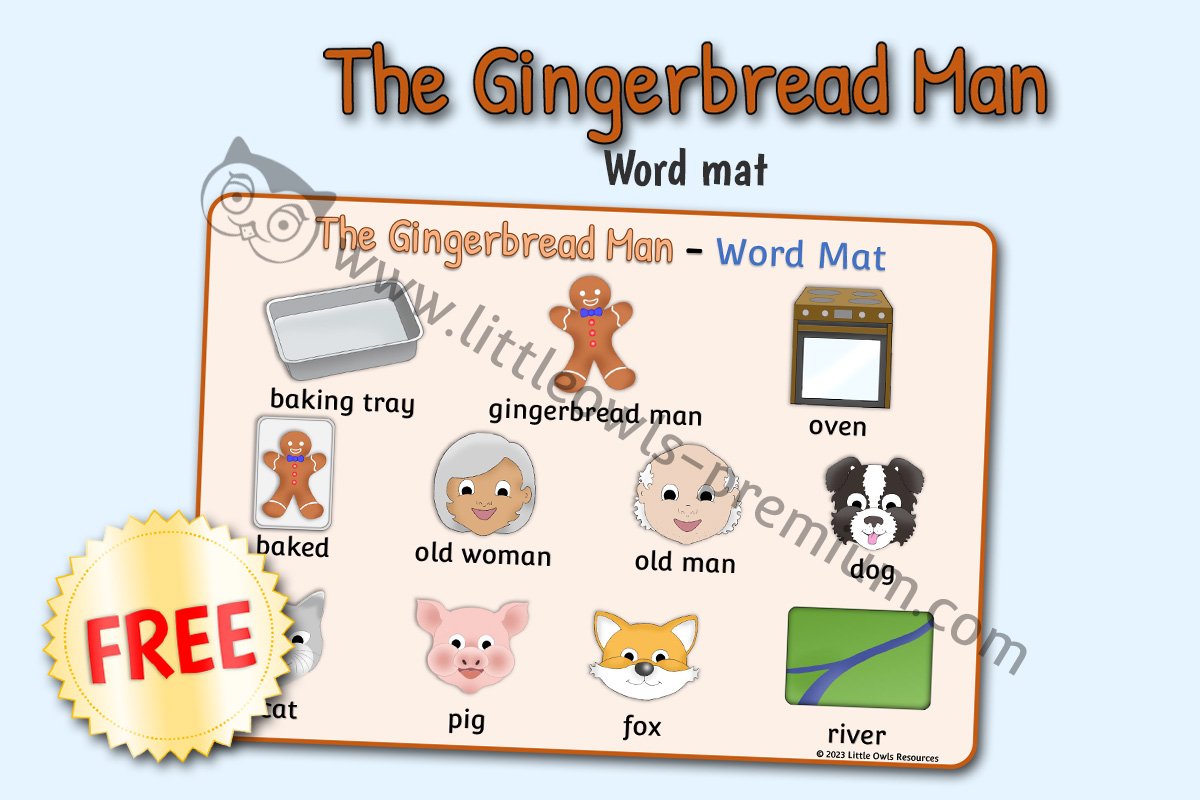














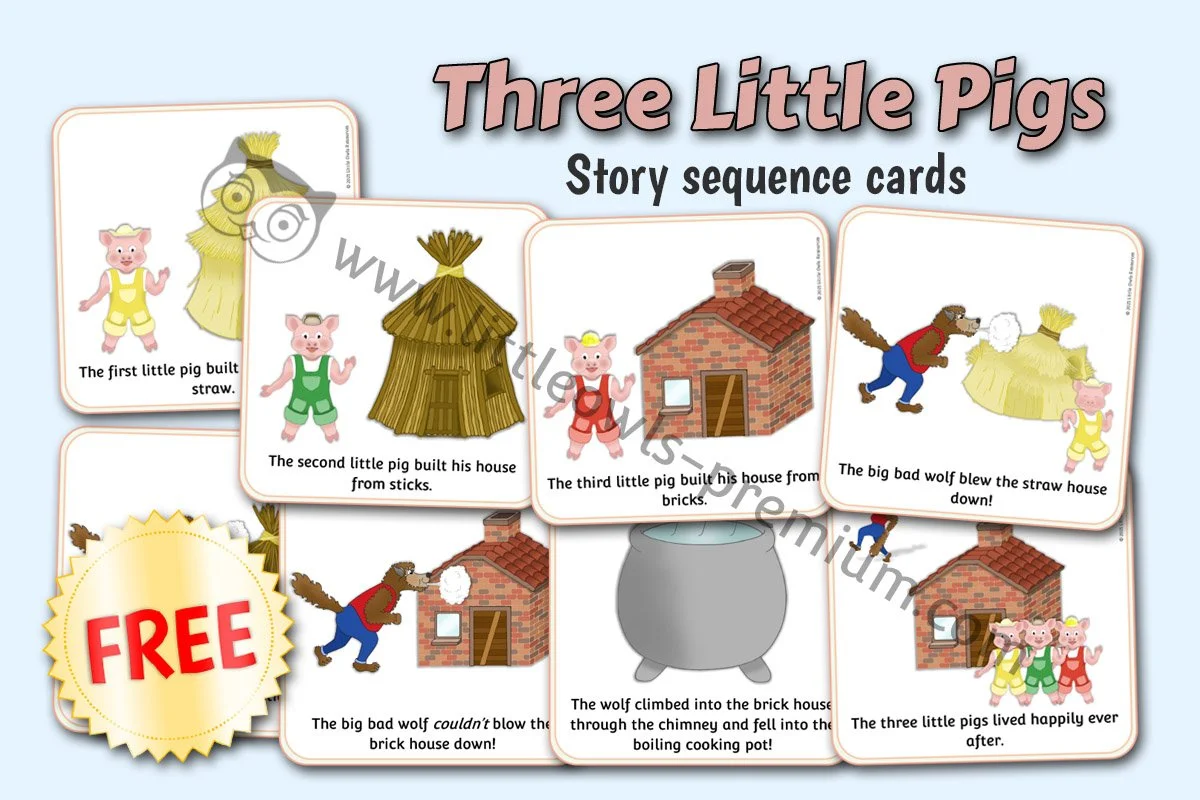










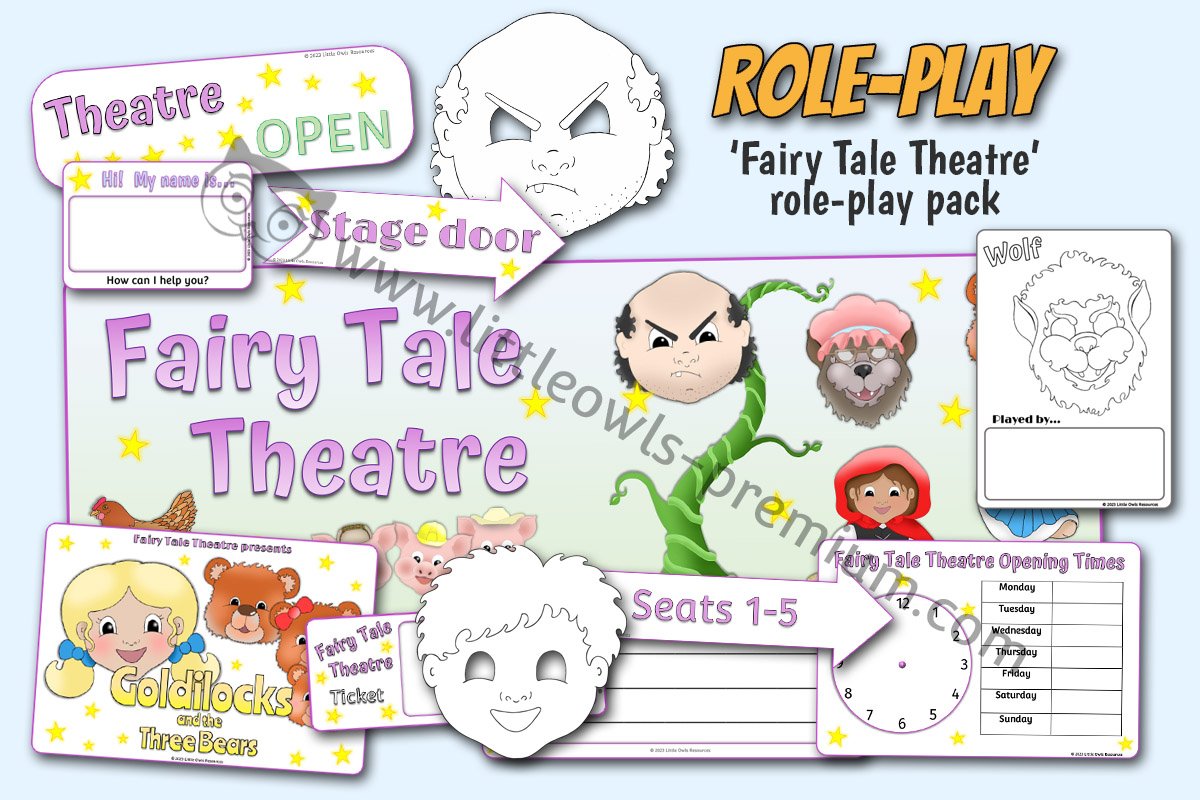









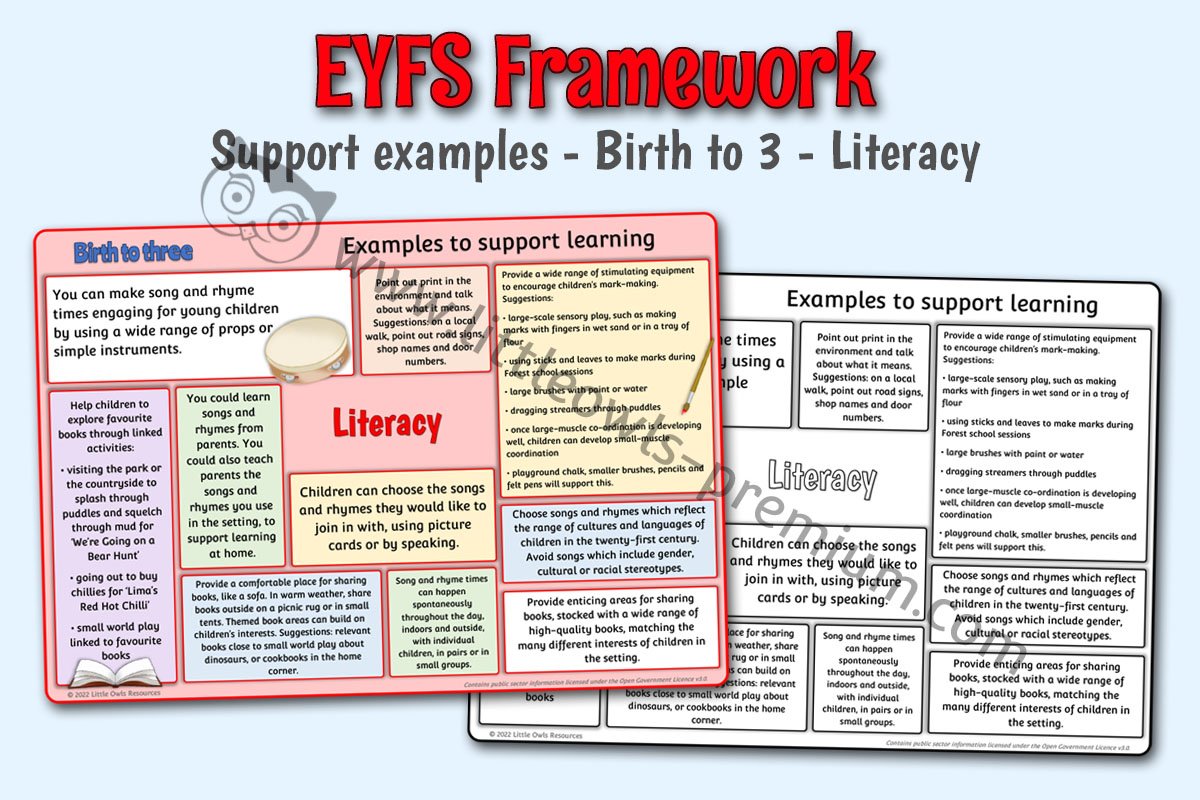


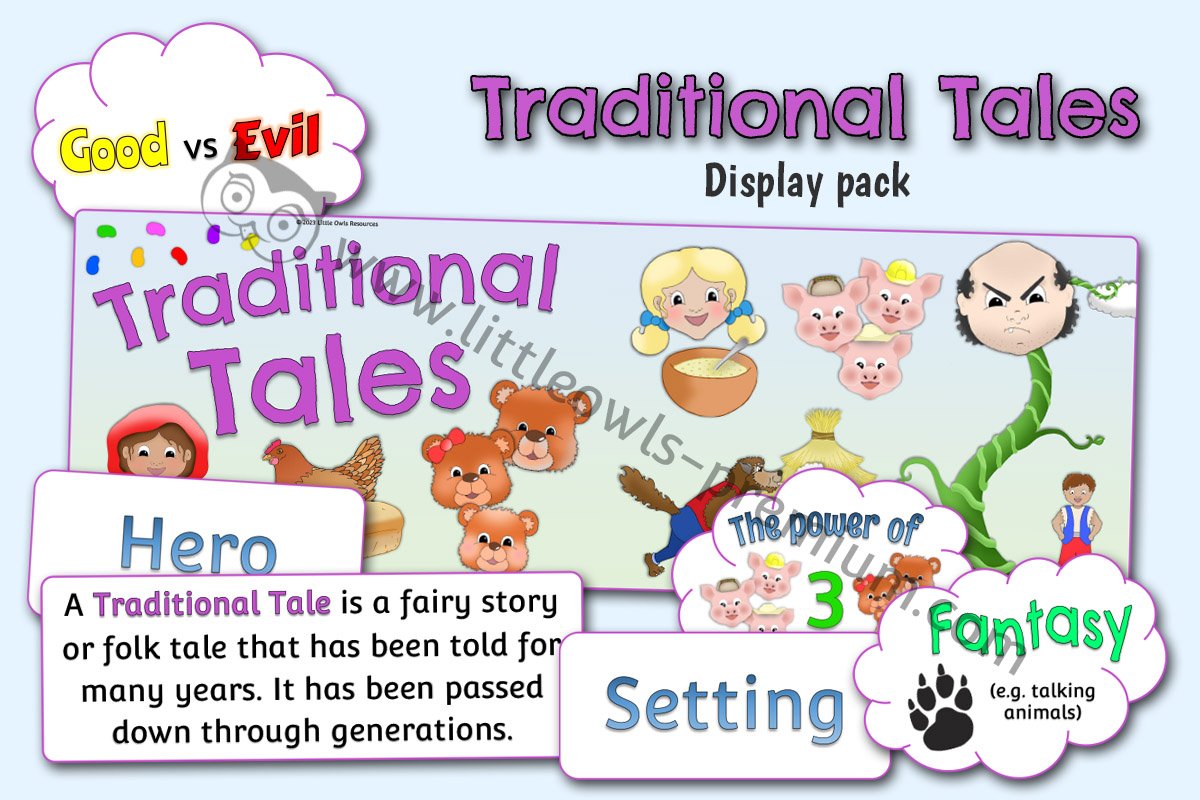







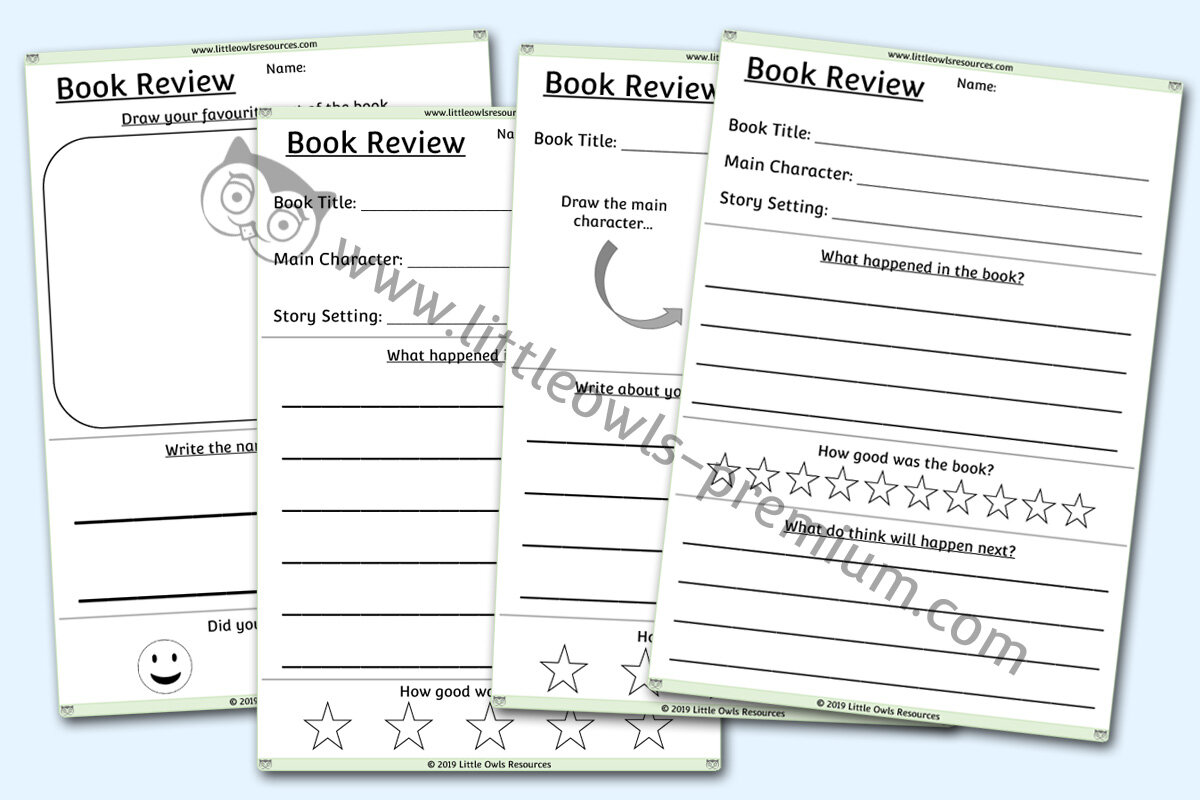




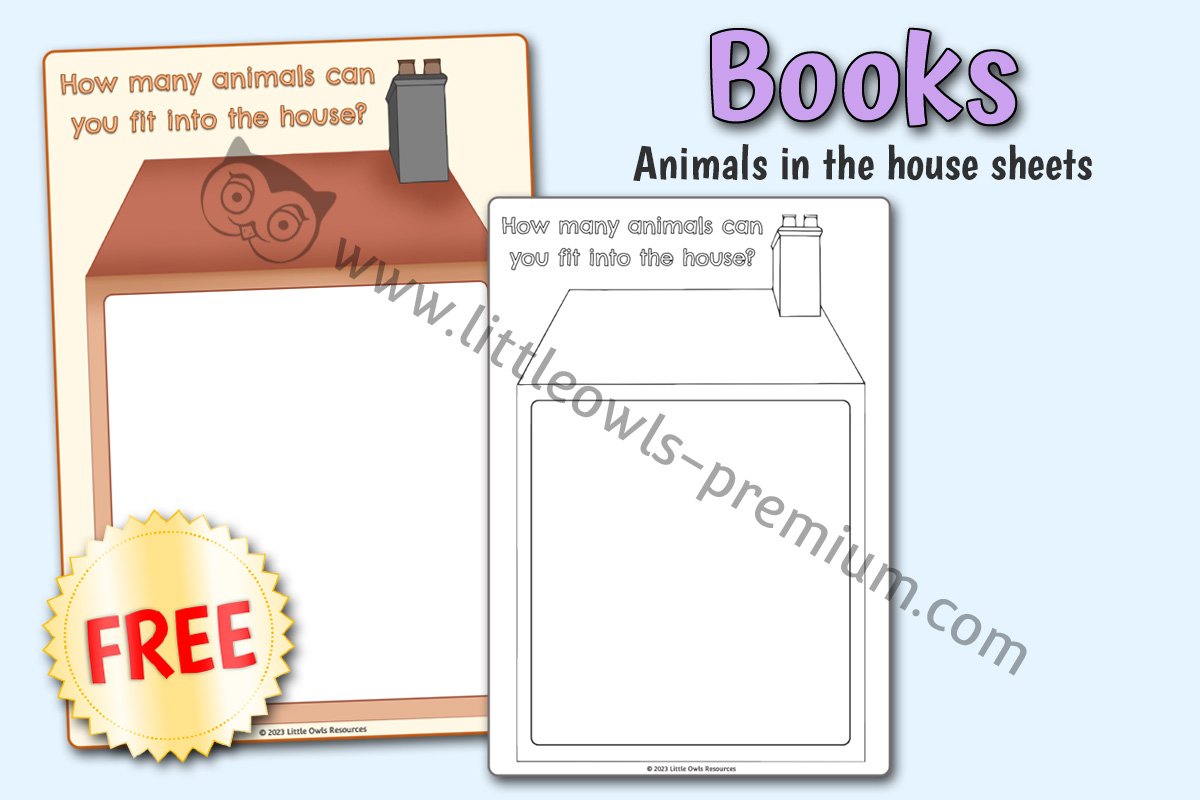
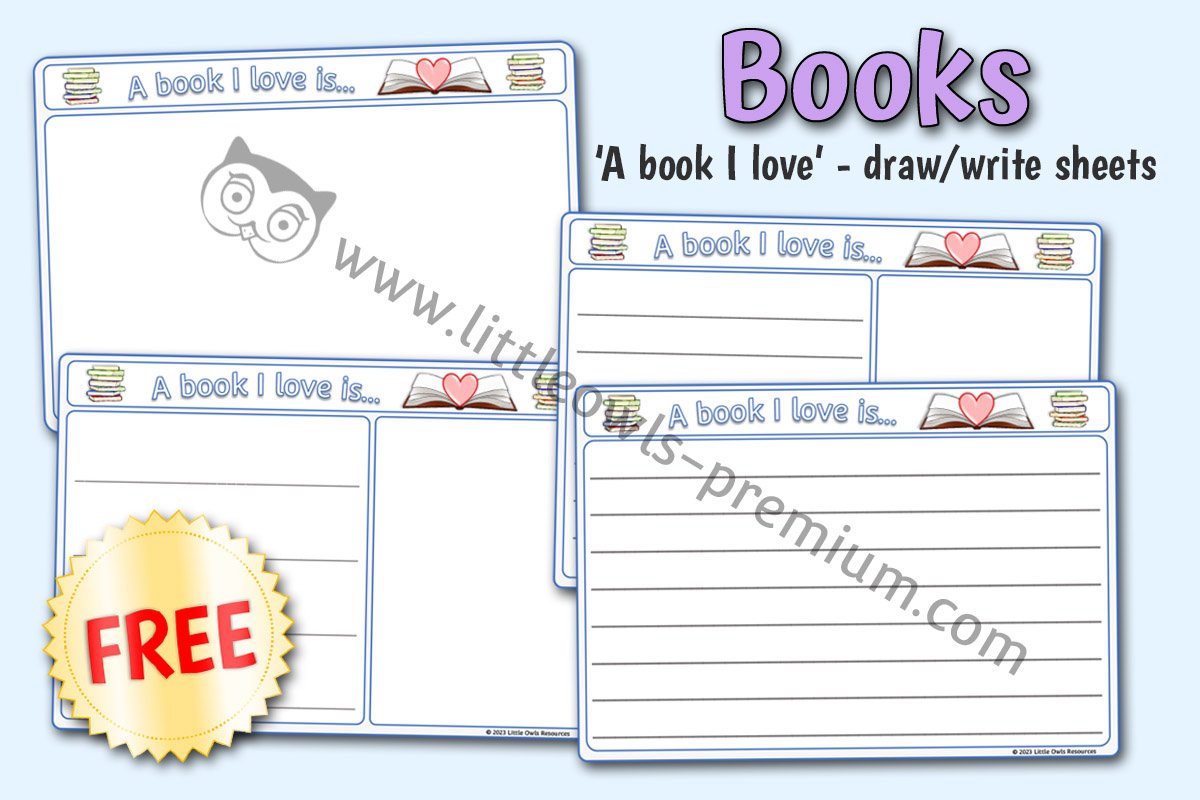



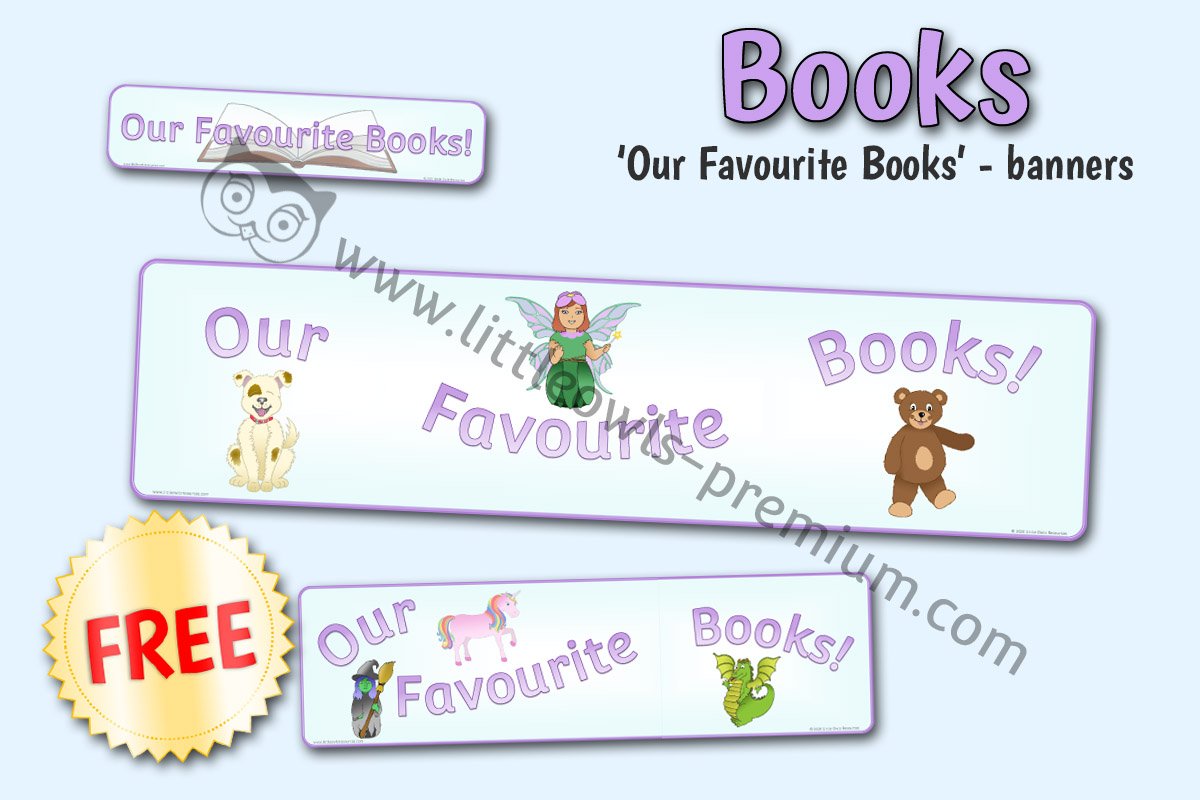
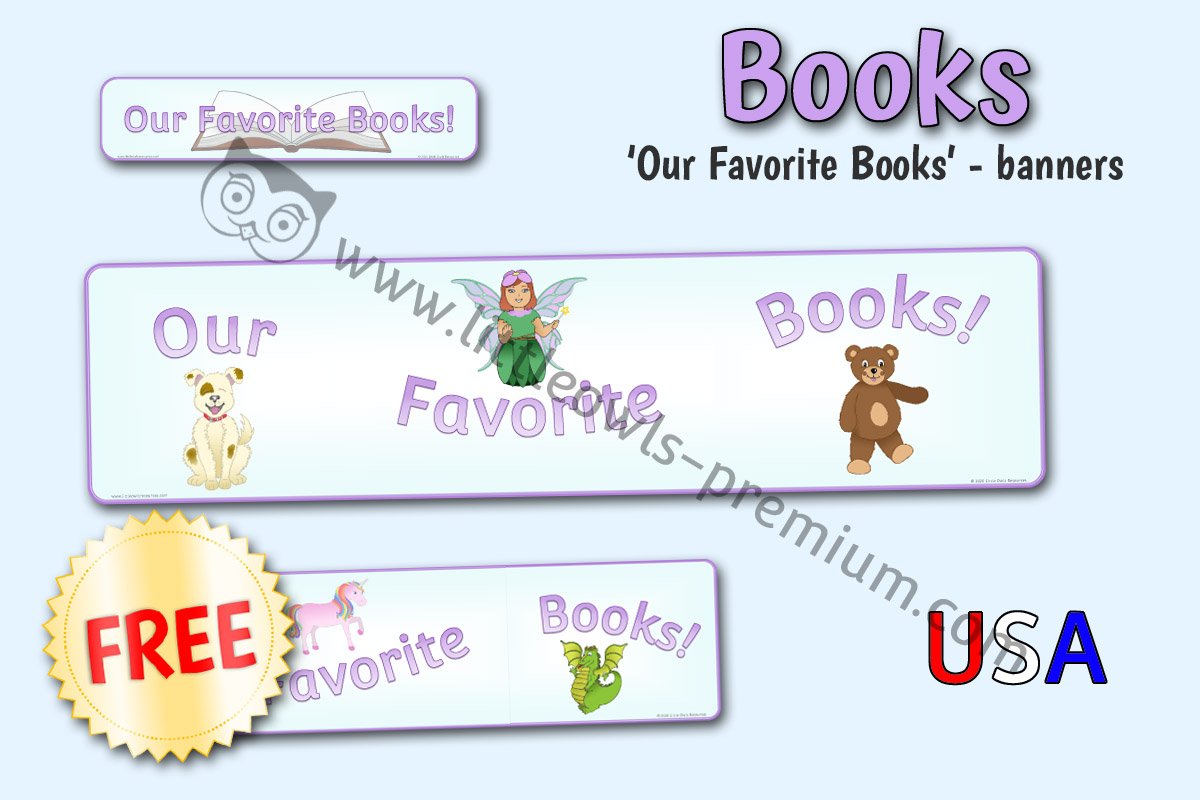
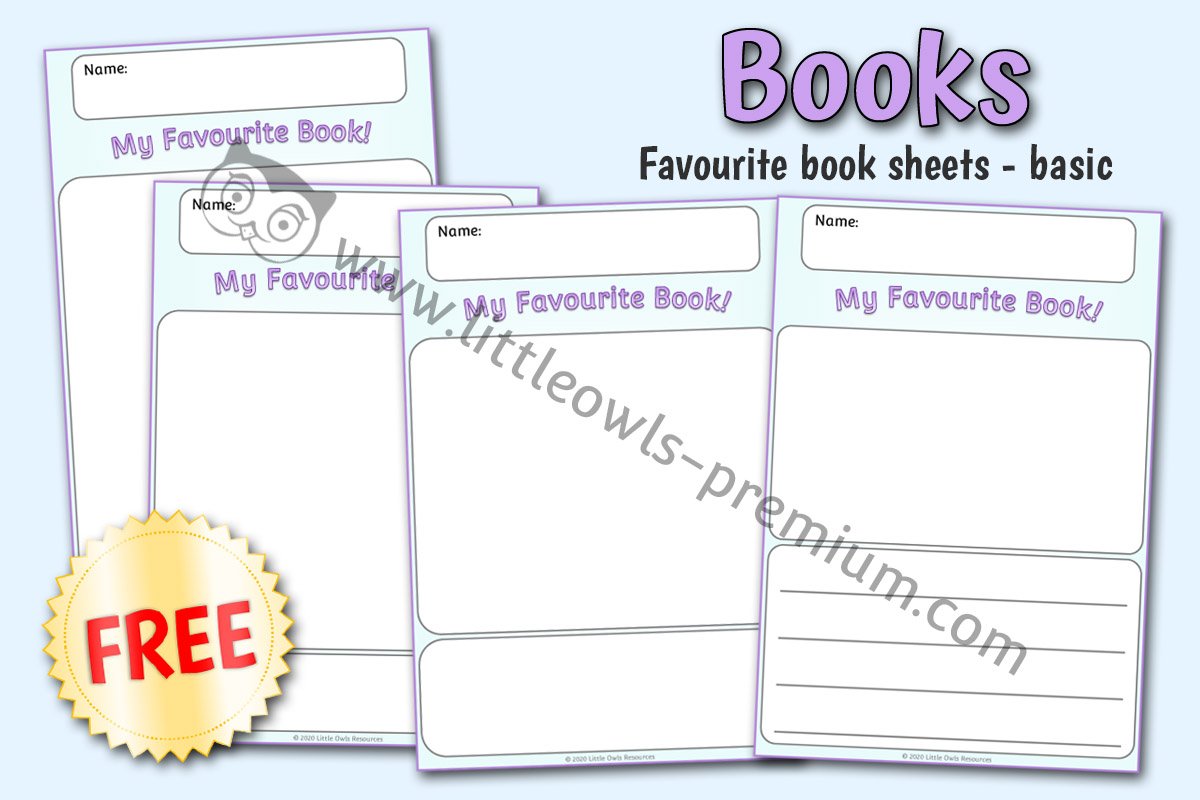
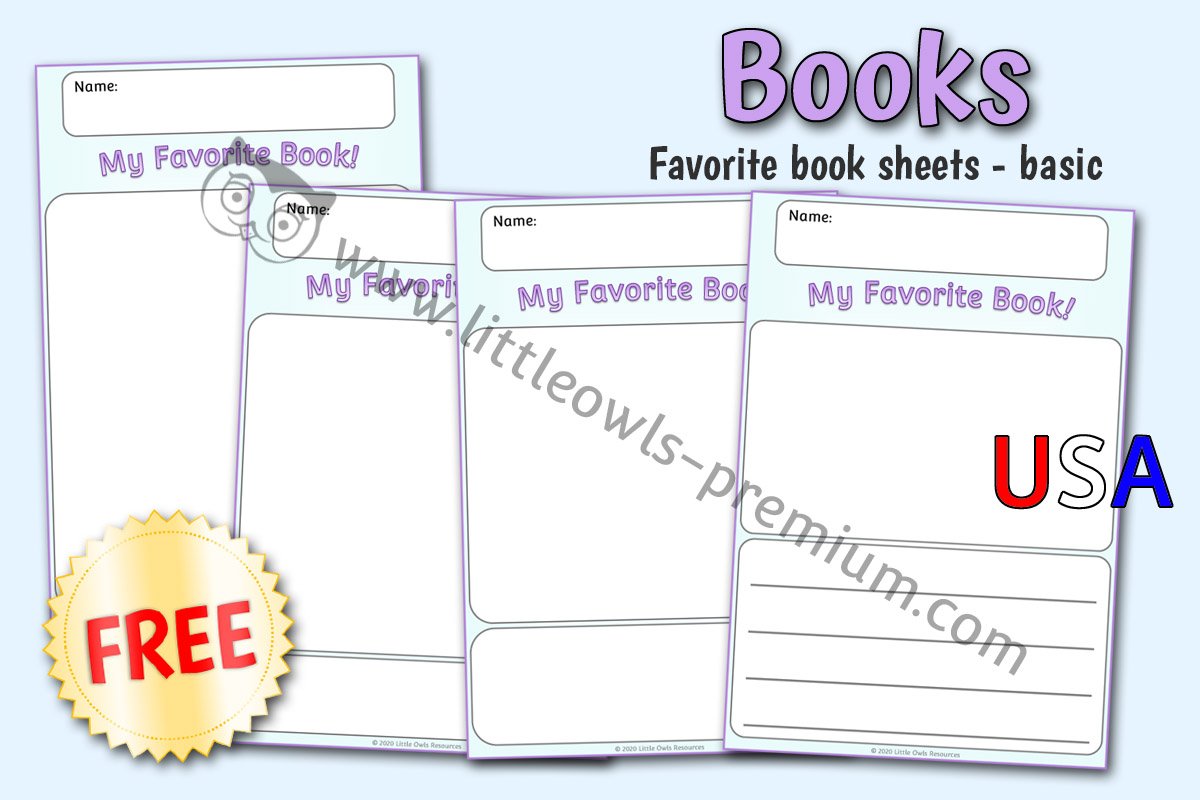
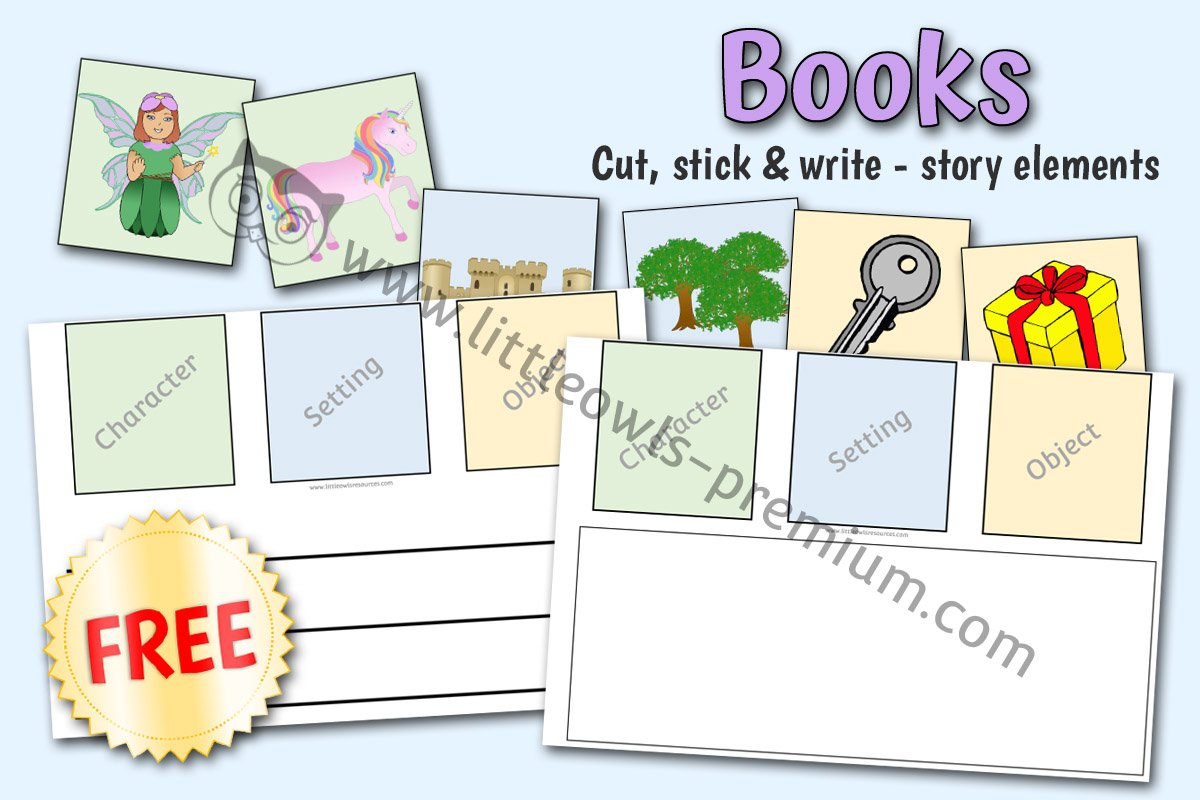

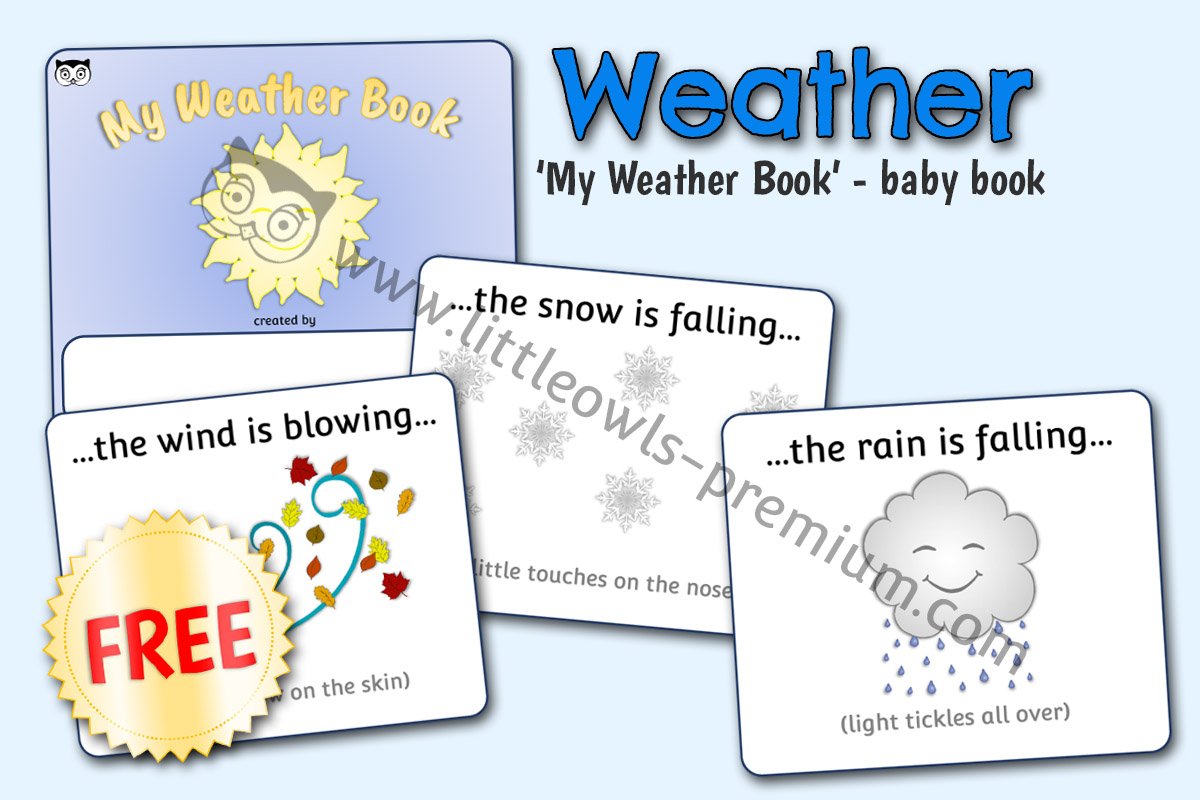
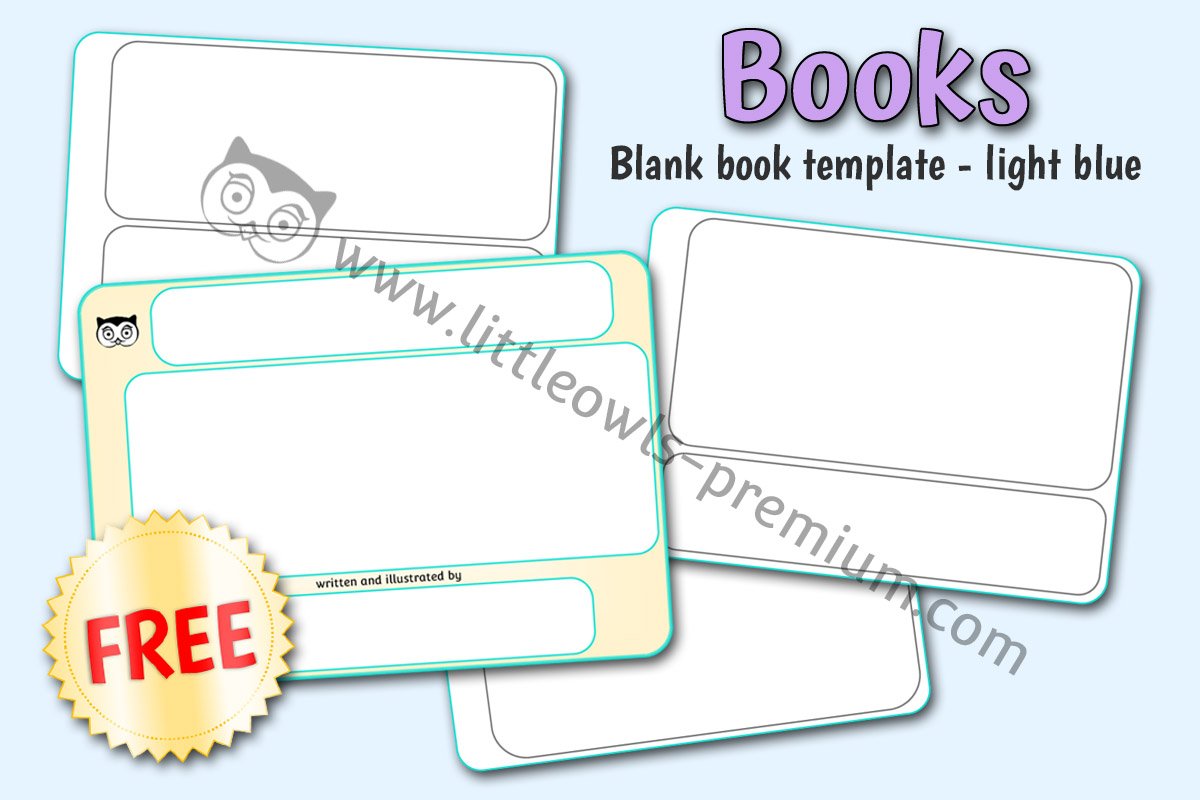

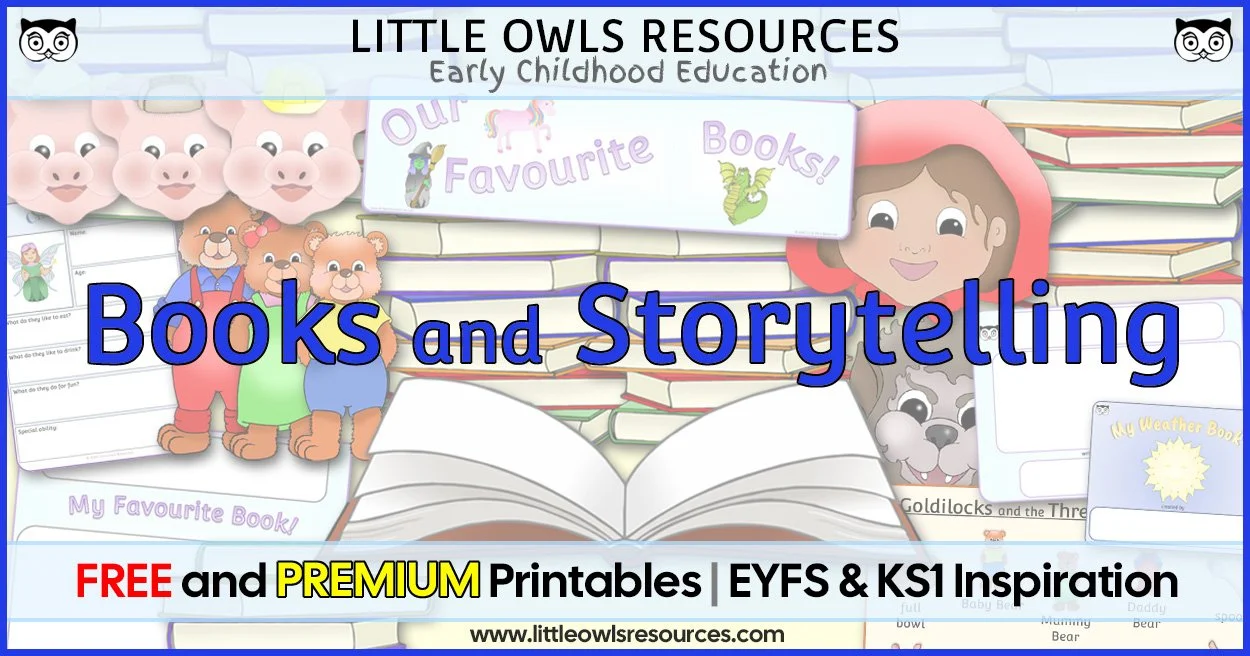






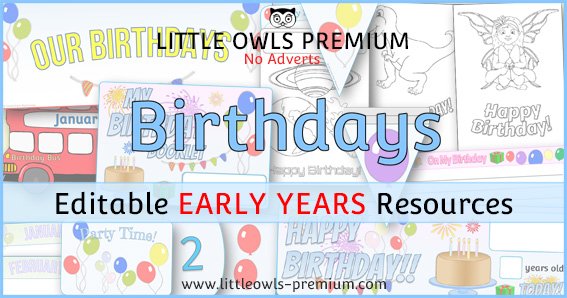
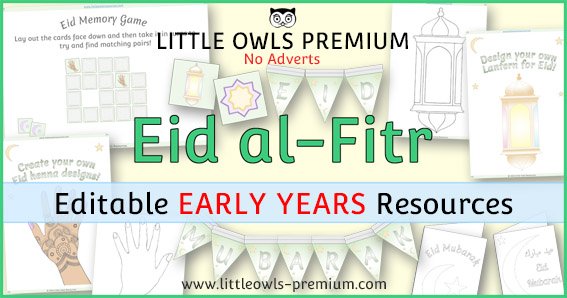
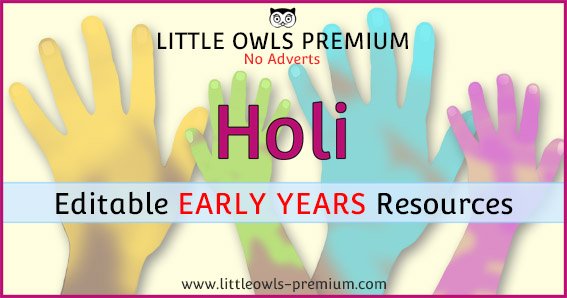
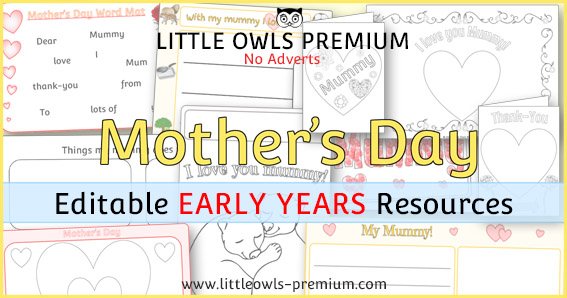

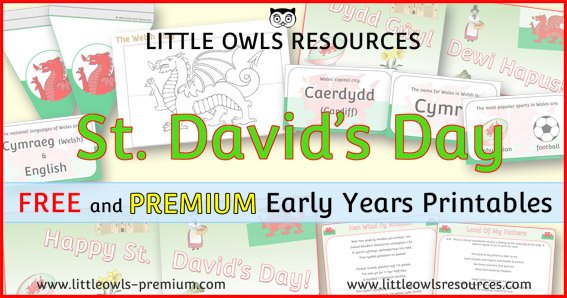
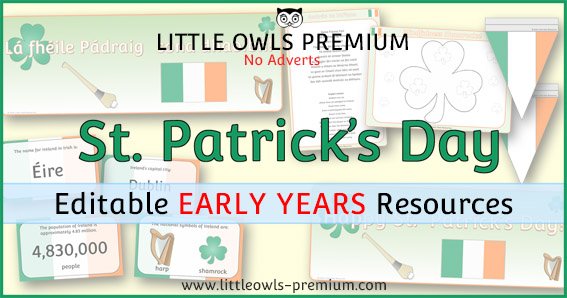















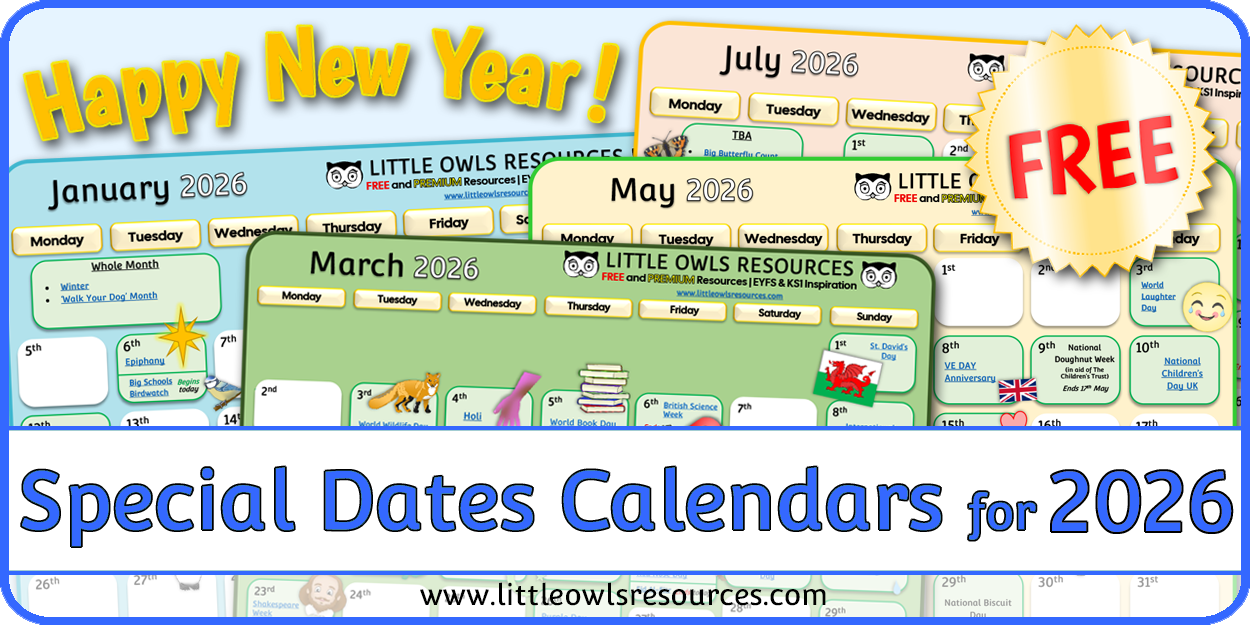
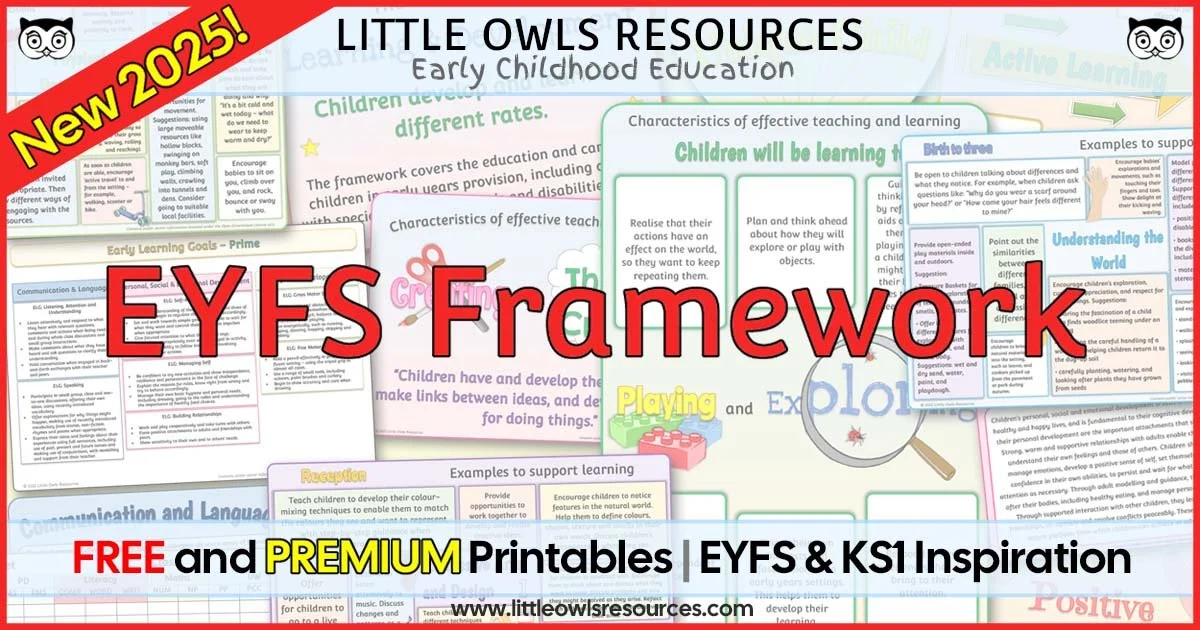

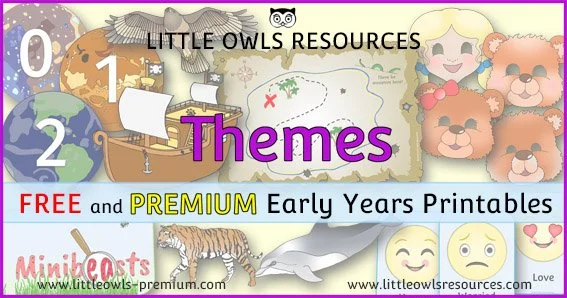

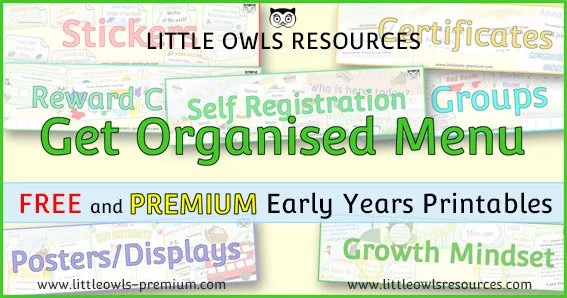

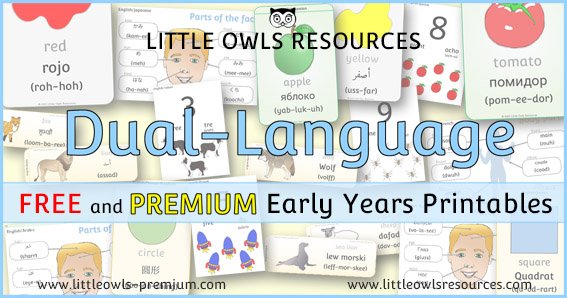
Let's learn about being kind and understanding towards everyone, especially for Purple Day! 💜🎗️ Purple Day is a special international day celebrated every year on March 26th. It was started in…